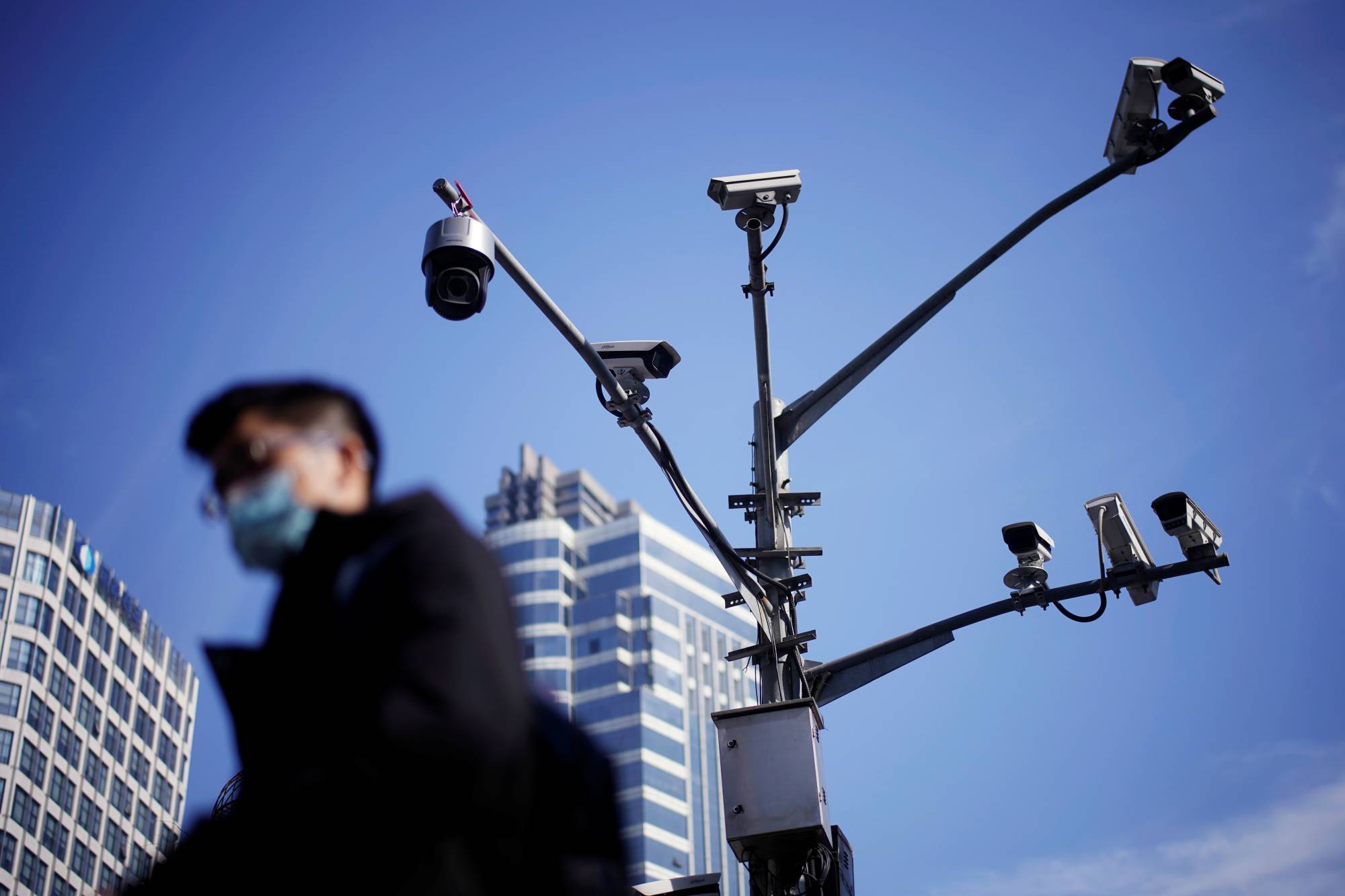Technology that measures emotions based on biometric indicators such as facial movements, tone of voice or body movements is increasingly being marketed in China, researchers say, despite concerns about its accuracy and wider human rights implications.
Drawing upon artificial intelligence, the tools range from cameras to help police monitor a suspect's face during an interrogation to eye-tracking devices in schools that identify students who are not paying attention.
A report released this week from U.K.-based human rights group Article 19 identified dozens of companies offering such tools in the education, public security and transportation sectors in China.



















With your current subscription plan you can comment on stories. However, before writing your first comment, please create a display name in the Profile section of your subscriber account page.